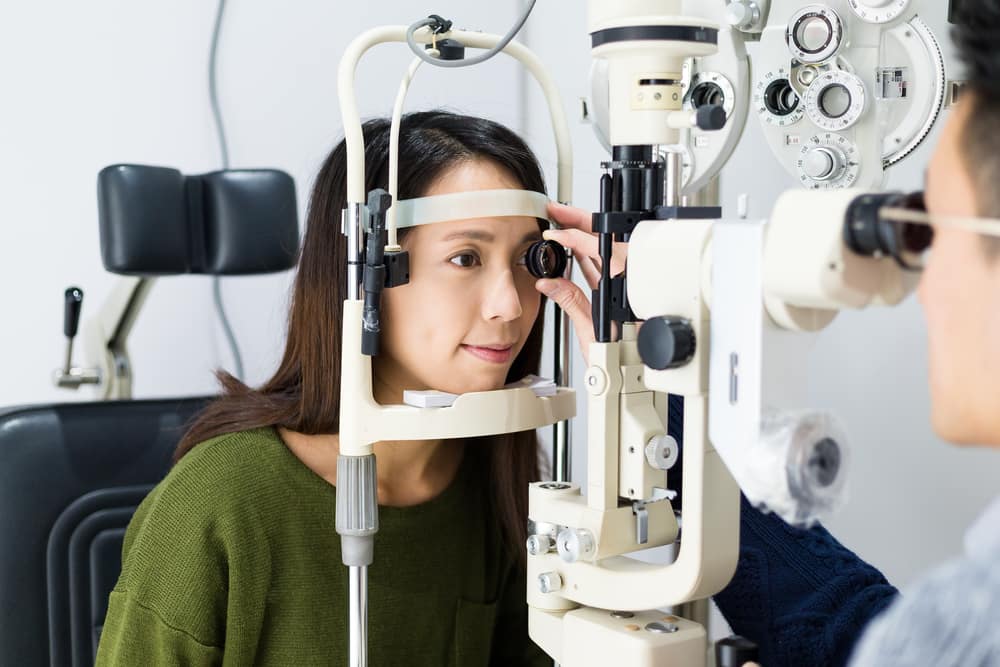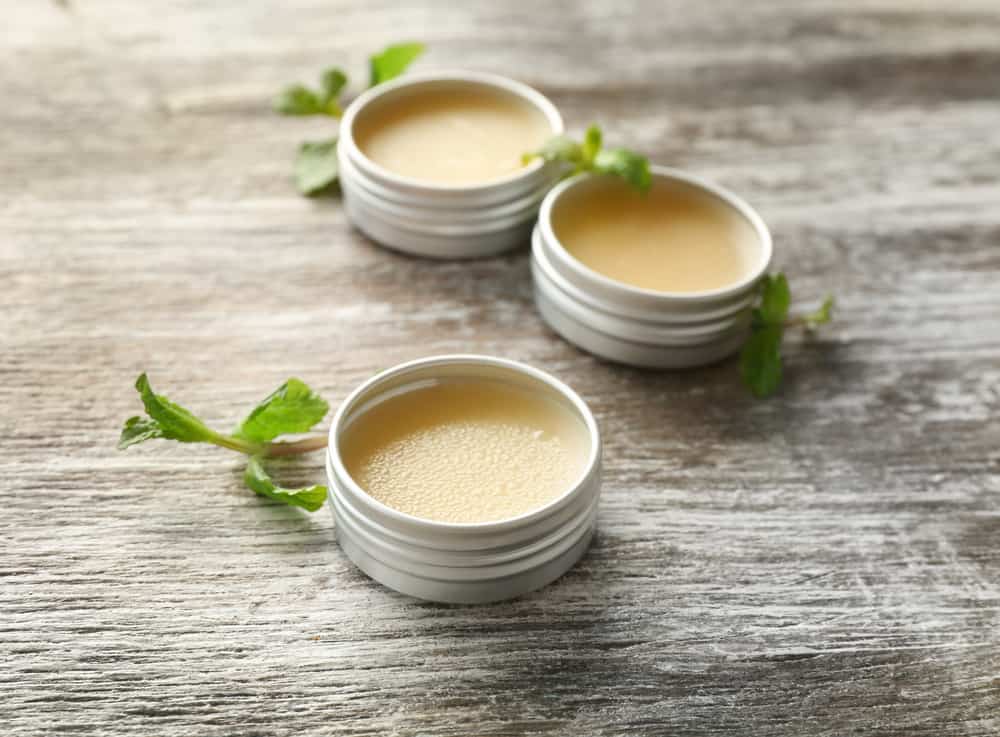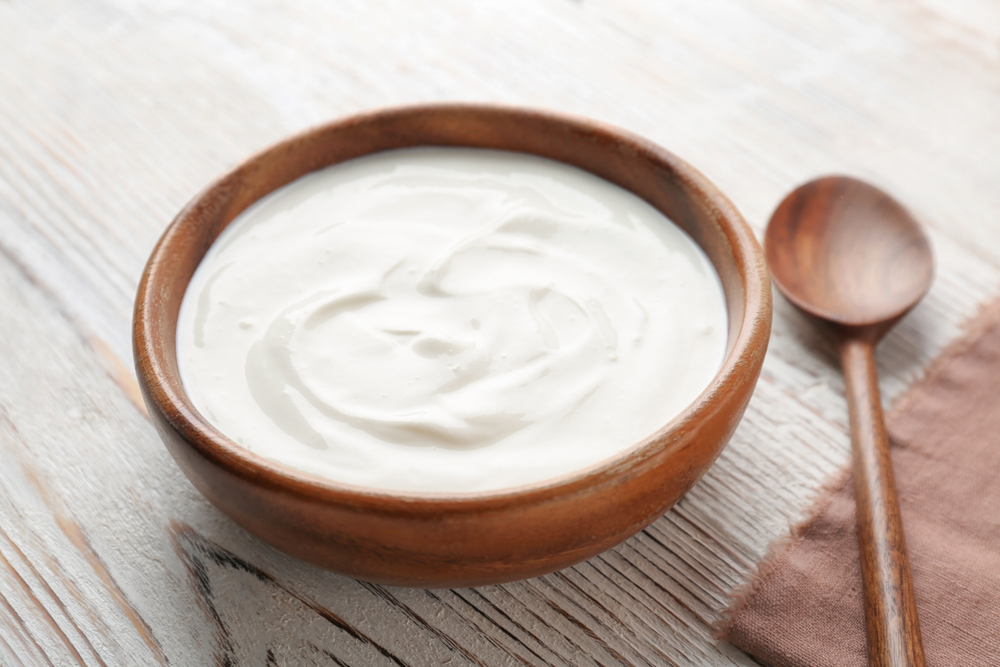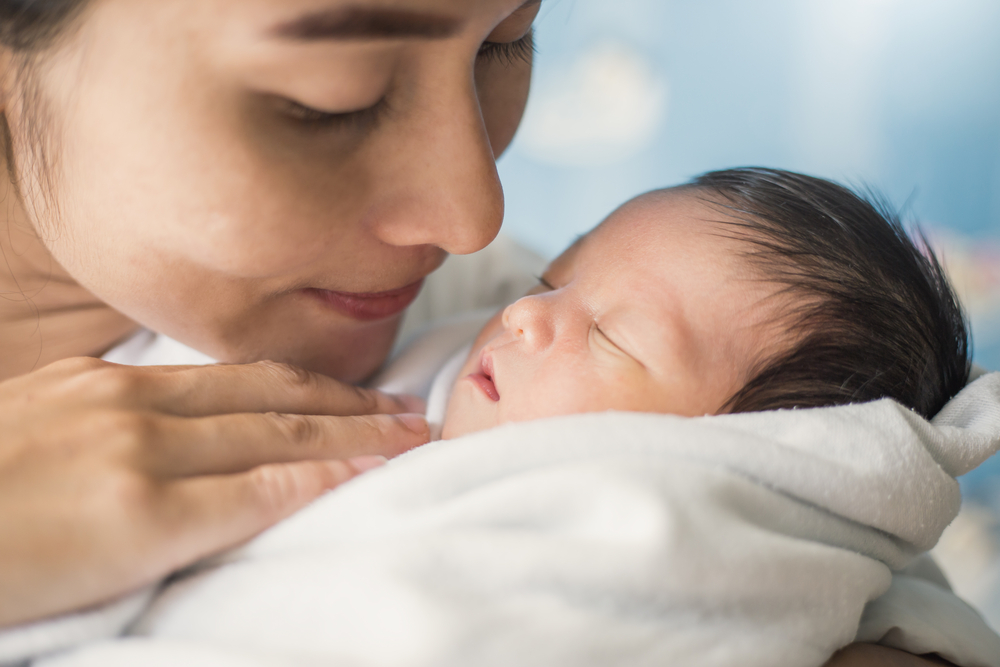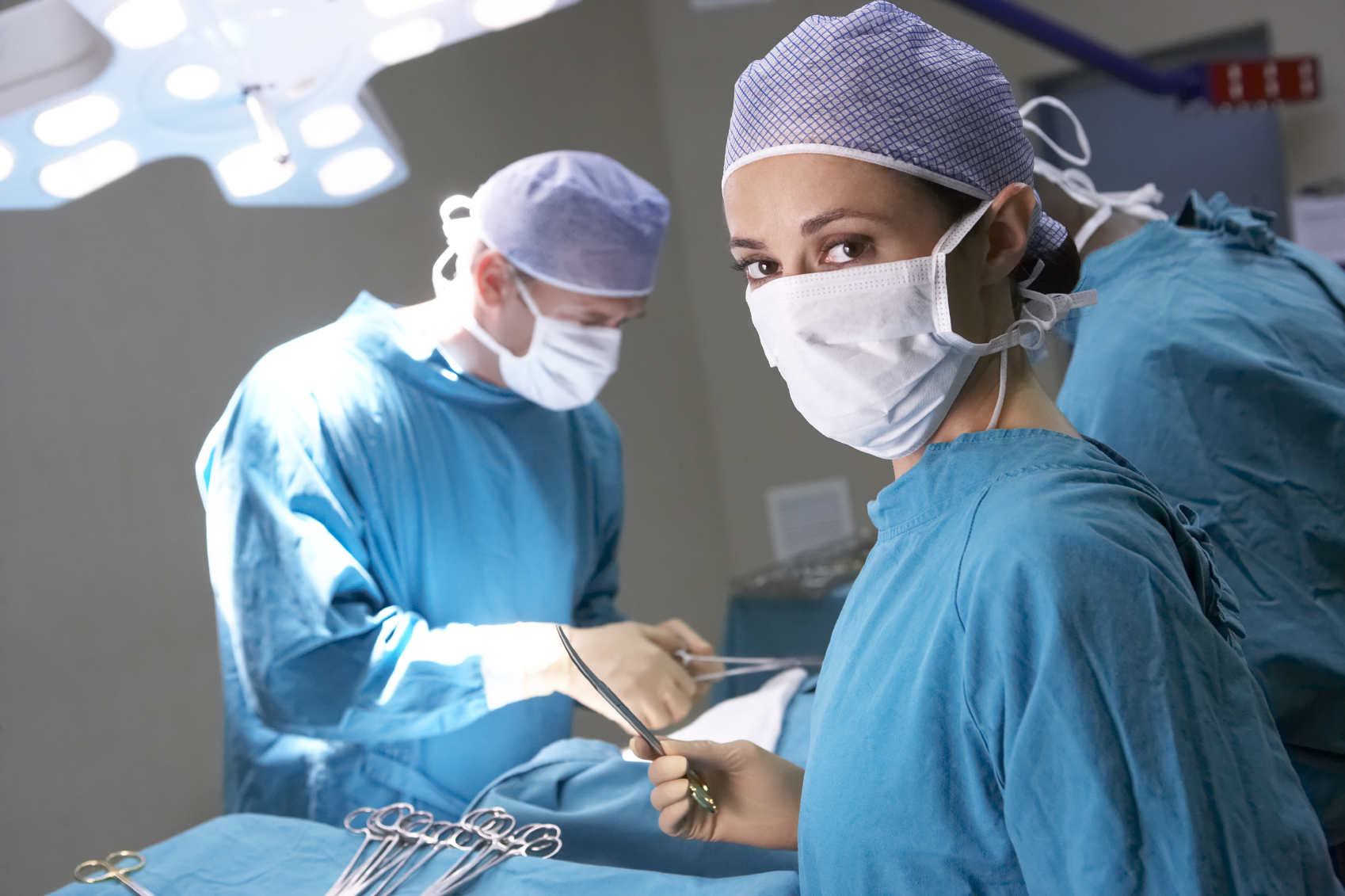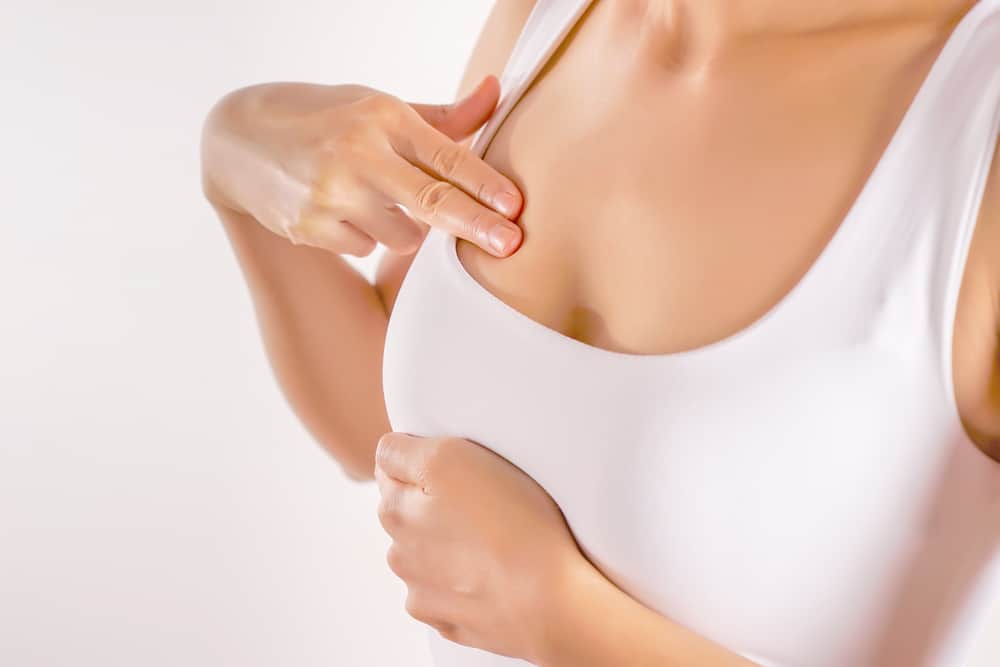Contents:
- Medical Video: Cataract Surgery (2009)
- Tests that must be done before cataract surgery
- 1. General health examination
- 2. Examination of vision function
- 3. External eye examination
- 4. Examination slit-lamp
- 5. Examination of the inside of the eye
- 6. Measurement of biometry and corneal topography
Medical Video: Cataract Surgery (2009)
Surgery is one way to treat eye cataracts. Although cataract surgery is indeed a mild medical procedure, there are still a number of medical examinations that must be performed before surgery. This is to make it easier for medical personnel to know your general health condition before the surgery is done. What types of medical tests must be undertaken?
Tests that must be done before cataract surgery
1. General health examination
Before performing surgery, an ophthalmologist will work with an internal medicine specialist to ensure that your body is optimal when undergoing surgery.
To make sure the body is in good condition, the doctor will ask you to do the following tests:
- heart health test through an electrocardiogram (ECG)
- lung health test with chest radiograph
- blood sugar levels
- bleeding disorder that can be seen from a blood test
Don't forget to notify your ophthalmologist if you take blood thinners, prostate drugs (tamsulosin), or you have allergies to certain types of drugs.
2. Examination of vision function
There are several types of examinations that will be carried out to determine the sharpness of your vision before surgery. Inspections will usually be carried out by optometrist (trained health personnel).
- Sharp vision inspection using snellen chart (paper with the letter you must mention).
- Refraction examination (minus, plus, or cylindrical correction) to help determine the strength of the planting lens that will be used in cataract surgery while determining refractive abnormalities in the eye that are not operated.
3. External eye examination
This examination will be carried out by an ophthalmologist. Examination includes:
- Examination of eyeball movements to find out whether your two eyeballs can move to all sides properly.
- Examination of the pupil (the black part of the eye) can be done in various levels of light to find out the width of the pupil. This needs to be done in addition to detecting problems that exist in the eye, one of which is also to adjust the type of planting lens to be used.
4. Examination slit-lamp
This examination will also be performed by an ophthalmologist using additional tools. You will be asked to sit facing a tool (slit-lamp) and then the doctor will check:
- The clear part of the eye (conjunctiva) and cornea to look for signs of infection and signs of previous surgery (if any).
- The front chamber and iris (brown part of the eye) to rule out the possibility of glaucoma.
- Eyepiece to determine the thickness of the cataract and the position of the lens.
5. Examination of the inside of the eye
Before the examination can be done, eye drops will be given first so that the pupils can widen. Giving these drops will cause your eyes to become more opaque for some time.
After your pupils reach a certain width, the doctor will use an instrument called an ophthalmoscope to look inside your eyes and evaluate the feasibility of surgery.
6. Measurement of biometry and corneal topography
Biometry is done by placing a small pen-like device on the black part of your eye, of course after your eye has been given local anesthetic, this check aims to ensure the best lens size for your eyes.
While examination of the corneal topography is carried out especially in those of you who have cylindrical to determine the right toric planting lens.

